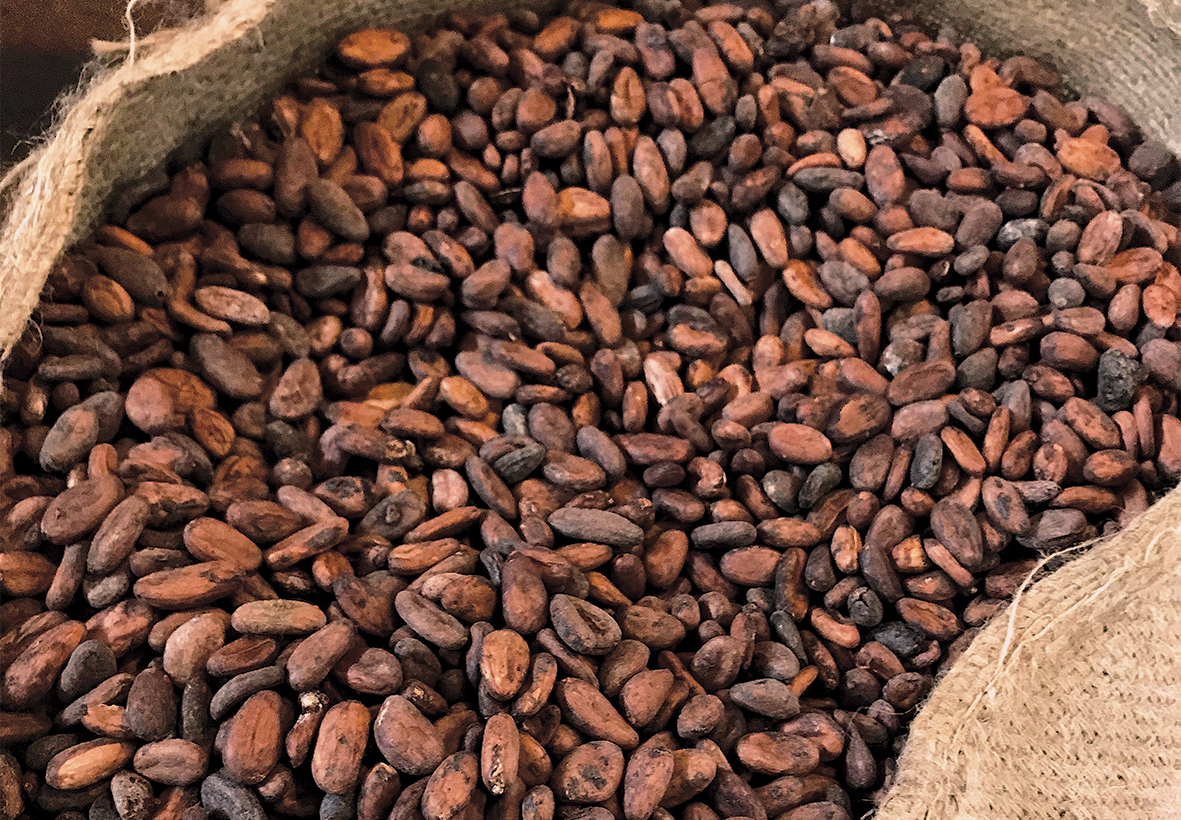How to Export Cocoa Beans from Nigeria: A Step-by-Step Guide
How to Export Cocoa Beans from Nigeria: A Step-by-Step Guide
Exporting cocoa beans from Nigeria can be a lucrative venture given the country’s position as one of the world’s top producers. This guide provides a detailed overview of the steps involved in exporting cocoa beans from Nigeria, from legal requirements to logistics.
Step 1: Understand the Market and Regulations
Overview: Before starting the export process, it is crucial to understand the international market demand and Nigerian regulations regarding cocoa export.
Key Points:
- Research global market trends for cocoa.
- Understand the specific requirements of your target markets, such as quality standards and import regulations.
- Familiarize yourself with Nigerian export regulations and compliance requirements.
Sources:
Step 2: Register Your Business
Overview: Ensure your business is properly registered to legally export cocoa beans from Nigeria.
Steps:
- Register with the Corporate Affairs Commission (CAC): Obtain a business name and incorporate your business.
- Obtain an Export License: Register with the Nigerian Export Promotion Council (NEPC) to obtain an export license.
Sources:
Step 3: Secure Your Cocoa Supply
Overview: Establish relationships with reliable cocoa farmers or cooperatives to ensure a steady supply of high-quality cocoa beans.
Key Points:
- Visit cocoa farms to assess quality.
- Negotiate purchase agreements with farmers or cooperatives.
- Ensure beans meet international quality standards.
Sources:
Step 4: Quality Control and Certification
Overview: Ensure your cocoa beans meet the required quality standards and obtain necessary certifications.
Steps:
- Conduct Quality Checks: Use professional graders to assess the quality of the cocoa beans.
- Obtain Certifications: Secure certifications such as Fair Trade, Organic, or UTZ Certified, depending on your target market.
Sources:
Step 5: Packaging and Documentation
Overview: Proper packaging and documentation are crucial for exporting cocoa beans.
Steps:
- Packaging: Use quality jute bags and ensure proper labeling with details like grade, weight, and origin.
- Documentation: Prepare necessary documents, including:
- Commercial Invoice
- Bill of Lading
- Phytosanitary Certificate
- Certificate of Origin
- Quality and Quantity Certificates
Sources:
Step 6: Arrange Logistics and Shipping
Overview: Choose a reliable logistics company for the transportation of your cocoa beans to the destination country.
Steps:
- Select a Freight Forwarder: Work with experienced freight forwarders who handle export logistics.
- Shipping Arrangements: Decide on the shipping method (air or sea freight) and book cargo space.
Sources:
Step 7: Customs Clearance and Export
Overview: Complete the customs clearance process to legally export your cocoa beans from Nigeria.
Steps:
- Submit Export Declaration: Fill out and submit the Single Goods Declaration form.
- Inspection and Clearance: Present your goods for inspection and obtain clearance from the Nigerian Customs Service.
Sources:
Step 8: Marketing and Distribution
Overview: Develop a marketing strategy to sell your cocoa beans in the international market.
Key Points:
- Establish connections with international buyers or cocoa traders.
- Participate in trade fairs and exhibitions.
- Utilize online platforms to reach a broader audience.
Sources:
Conclusion
Exporting cocoa beans from Nigeria involves several critical steps, including understanding market regulations, securing a supply chain, ensuring quality control, and managing logistics. By following these steps and leveraging resources like the Nigerian Export Promotion Council and Wigmore Wholesale, you can successfully navigate the export process and grow your business.








LEAVE A COMMENT
You must be logged in to post a comment.